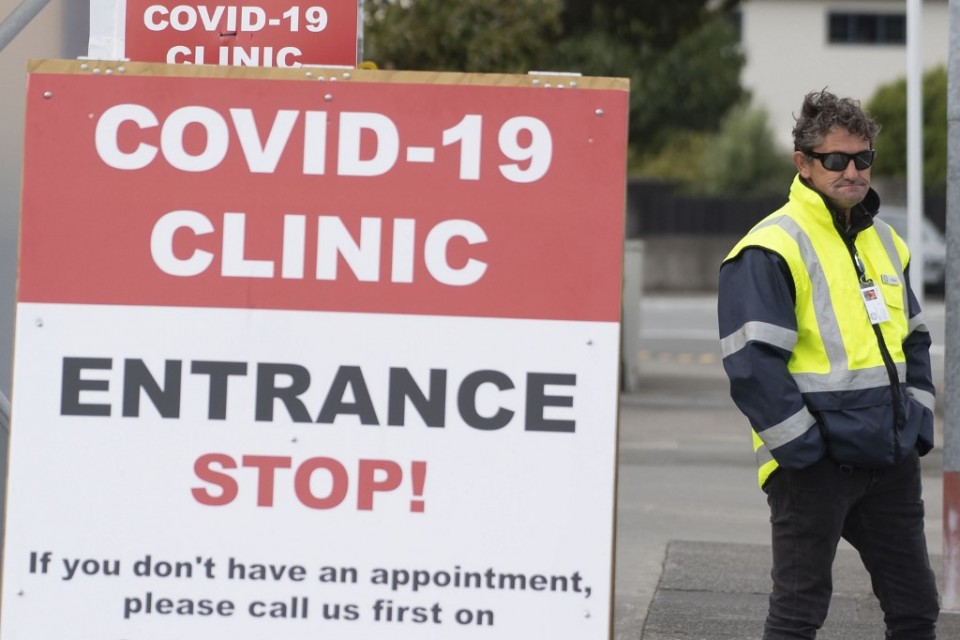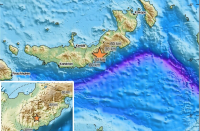
WELLINGTON, New Zealand (AFP) — New Zealand’s first case of coronavirus in the community for more than two months has been identified as the South African variant and was likely contracted in hotel quarantine, health minister Chris Hipkins said Monday.
The 56-year-old woman, who recently returned from Europe, tested positive on Saturday, 10 days after she completed her compulsory two weeks in isolation.
New Zealand has been widely praised for its handling of the pandemic, with just 25 deaths from 1,927 confirmed virus cases in a population of five million.
The latest case is New Zealand’s first in the community since mid-November and has been classified as a strain said to be more transmissible.
“The strain of infection is the South African variant and the source of infection is highly likely to be a fellow returnee,” said Hipkins.
The woman is thought to have been infected during quarantine by a person on the same floor of the hotel who tested positive two days before the woman left.
The 56-year-old travelled around the Northland region near Auckland after her release from quarantine and showed symptoms for several days before being tested.
Two people close to her, including her husband, have since returned negative tests and New Zealand’s director-general of health Ashley Bloomfield said they likely avoided contracting the illness due to the type of infection.
“She didn’t talk about respiratory symptoms, it was more muscle aches, so she may not have been sharing or spreading the virus much,” he said.
“I don’t think that’s peculiar to this variant, it’s just how it was expressed in this woman.”
The World Health Organization has said there is no clear evidence the South African variant leads to more severe disease or a higher death rate.
© Agence France-Presse







